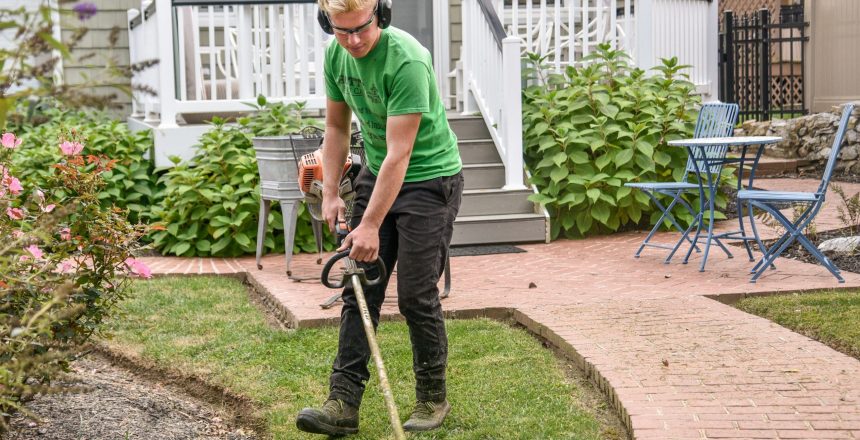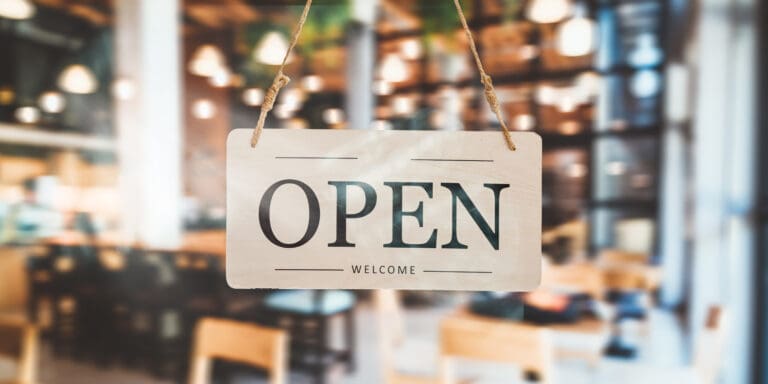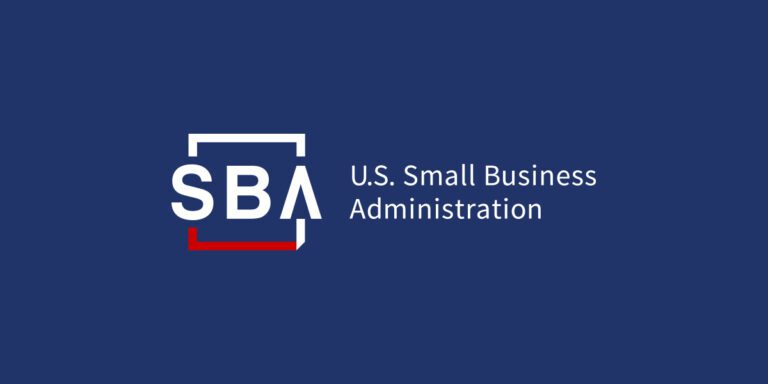What is an SBA 7(a) loan?
A Small Business Administration or SBA 7(a) loan is a U.S. government-backed loan option for small businesses. It’s intended for longer-term financing. Owners and brokers typically find themselves talking to an SBA lender when they can’t get a loan elsewhere on reasonable terms.
What does that mean, exactly? The first impulse of many entrepreneurs is to turn to their local bank for a small business loan. It’s a natural impulse – especially if they’re already doing their business banking with a bank they like. But many banks have hard-and-fast requirements and can’t take on the risk.
Reasons a bank without an SBA program might not bet on a business:
- Borrower credit score minimum: Banks have credit score requirements; SBA loan programs do not.
- The small business is in a ramp-up period: Newer businesses don’t yet have years of excellent debt service coverage ratio (DSCR) to present. This could be an issue for a traditional bank without an SBA program.
- A past bankruptcy, felony conviction, or other complication. Issues like these can create a hurdle for hardworking people to get the attention they deserve from lenders. Note: This is improving. Read about the SBA program’s 2023 expansion.
SBA 7(a) loan terms, uses, and eligibility
| SBA loan use | Maximum term* |
| To buy or expand an existing business | 25 years |
| To acquire a small business franchise | 25 years |
| To refinance existing small business debt | 25 years |
| To establish or grow working capital | 10 years |
| To buy out business partner(s) or shareholder(s) | 25 years |
| To buy, build, refinance, or improve owner-occupied real estate (>51%) or a building for your business (commercial real estate) | 25 years |
| To buy equipment | 10 years |
SBA 7(a) loan as an alternative to the SBA 504 loan for commercial real estate
Another common SBA loan that small business owners and brokers seek out is the SBA 504 loan. It’s a go-to financing solution when an owner wants to purchase the commercial real estate they’ve been renting for their business (or want to move into). But some don’t realize that the SBA 7(a) loan can be used to purchase owner-occupied commercial real estate and that there can be advantages to going the 7(a) route. Here’s a full comparison of SBA 7(a) loan vs. SBA 504 loan options.
Do I qualify? How to get an SBA 7(a) loan
Again, whether or not you qualify for an SBA 7(a) loan is ultimately up to the individual lender. Borrowers and brokers should not self-disqualify but reach out to a trusted SBA lender to have the conversation.
That being said, there are a few exceptions. Your business would not qualify for SBA financing if:
- You do not do business (or propose to do business) in the U.S. or in a U.S. territory
- You are a non-profit or not-for-profit organization
- You do not have “reasonable owner equity to invest”
- You have not first exhausted other financing alternatives including personal assets
“Ready Capital looks at deals and both internal and external partners from a place of respect and problem solving. They’re looking for reasons to make a deal work; they’re not looking for reasons to say no.” – David Hulit, Business Development Officer, Ready Capital
Read the full interview with David Hulit, one of Ready Capital’s top producing BDOs.
The 5 Cs of Credit
In small business lending – including for SBA 7(a) loans – we turn to these “5 Cs of Credit” to determined eligibility:
- Capacity: Will the borrower be able to repay their loan?
- Collateral: If we need more assurance of repayment ability, what other items could be used as collateral? Examples: real estate, equipment, inventory.
- Capital: Do you or a business partner have funds on hand?
- Conditions: Are your business plan and surrounding current market conditions looking favorable?
- Character: Credit is just one piece of the puzzle. Again, though lenders all have their own threshold, the SBA program itself has no credit minimum. Not all lenders will take the time to hear about a person’s personal journey up to this point, but the best will.
Checklist to apply for an SBA 7(a) loan
It’s never too early to start a conversation with an SBA lender – in fact, many will advise you on the application process. In general, here are some things you should be prepared to discuss:
- Your financials: Profit & Loss (P&L), projections, opportunity, etc. SCORE counselors are a free resource
- Will your loan require a down payment, and if so, what is that amount?
- Do you have a prior felony or other personal history hurdle that will require clearance?
Bottom line: The SBA 7(a) loan is an excellent option for borrowers to lock in favorable, long-term small business financing. Even in more challenging rate environments, non-bank lenders like Ready Capital are still providing solutions.
About SBA Preferred Lending Partner Ready Capital
Ready Capital is a non-bank, SBA Preferred Lending Partner (PLP) ranked in the top 1% of all SBA lenders. We pride ourselves in our ability to listen to each borrower’s story and to find sustainable solutions to some of the most complex small business lending challenges.





